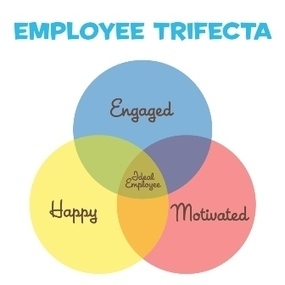 It has been a long time since I posted to my blog, though I have been thinking about it a lot. Life intervened over the past few months with a 1200 mile move as well as helping to care for a family member with a serious illness. I am more than ready to get back into a rhythm again!
It has been a long time since I posted to my blog, though I have been thinking about it a lot. Life intervened over the past few months with a 1200 mile move as well as helping to care for a family member with a serious illness. I am more than ready to get back into a rhythm again!
A friend asked me recently about the impact of moving. “Since you have moved so often,” she asked, “where do you consider home?” Her question stopped me cold.
And then I realized that in my life wherever my books are, that is home to me. During my adult life, I have hauled those same books from California, to France, from France to California, to Florida, to Maryland, to upstate New York, to Chicago, to Maine and then to Chicago again. I did it as a child too, circumnavigating the U.S. from Cleveland to California, to Maine, to California to Cleveland, to Chicago to California…
What did all those moves teach me about management?
A good manager has to be flexible, openminded, and curious enough to learn about the culture she finds herself in, without prejudgment or bias. Few things are as off putting at the newcomer who says “well, at my old job, we did this and that and it worked much better than the way you do things here.” (Very similar to its analogue from the long-time employee who responds “Well we tried that twenty years ago and it didn’t work.”)
A good manager has to be attentive to reading body language and nuance from individuals, to avoid faux pas to be sure, but also to read what is really going on. A new manager brought in from the outside may well be expected to solve some deep problems—usually personnel problems— that have not been articulated. Are there multiple agendas here?
A good manager has to be objective and analytical; able to see through Smiling Sam’s attempt to co-opt the new boss, or Sneaky Patti’s attempts to undermine her. Patience in getting to know people, careful listening, and asking advice, are helpful tools.
A good manager asks advice. Now, that doesn’t mean you need to TAKE the advice, but it is a great way to learn from and about the people you work with. And, sometimes, the advice is worth taking.
A good manager is grateful for the opportunity to learn new ways of doing things and to widen his or her perspective on the world. It keeps us humble!
All in all, moving is a wonderful experience. It teaches us both about others and ourselves, and allows tremendous opportunities to grow in wisdom as well as experience. It’s the road to feeling at home anywhere—as long as you bring your books.


Recent Comments